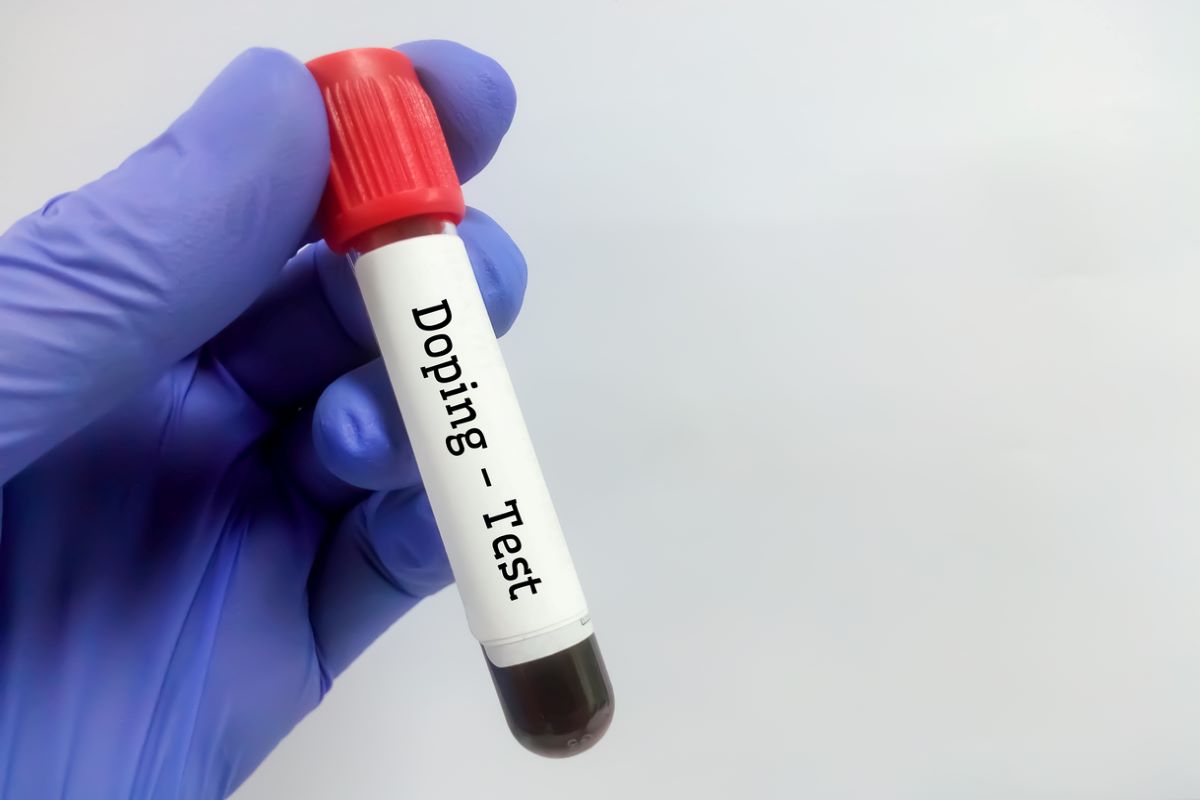When India is third on a global list of something to do with sport, we are inclined to exult. But there is no bronze medal in finishing third behind Russia and Italy in terms of doping.
The list is from the World Anti-Doping Agency, after all. We have been among the most egregious offenders before as well, tending to keep quiet about it instead of being glibly voluble. India has also had to cope with the ignominy of its testing laboratory being de-recognised. Truth to tell, to clam up is to gee the dope cheats up.
To blurt it out is to go at least some way towards underlining society’s awareness of the malaise. That is important, given that sport is subverted institutionally by an officialdom which essentially refuses to acknowledge crime where it exists so dented image does not lead to diminished profits from blue-chip extravaganzas.
We in India have tournaments where there are no dope tests. That weightlifting, athletics and wrestling account for most Indian instances of doping villainy point at the desperation and the end-justify-means grooming of the cynical competitor. This, say veteran officials, is to be blamed on the rich pickings and showers of gifts in varied forms that succeed a notable international triumph.
It, of course, is not as if avariciousness is not an old trait in humans but the commercial desire to tag a brand to a champion ~ hoping thereby to rake it in in the bargain ~ is said to have changed the game exponentially. The munificence is manifest only when someone, by hook or by crook, makes it, and not during the difficult climb up, and it fouls the air, becoming part of the problem.
That apart, coaches, it is said, play a significant role in motivating sportspersons. That, it is said, is why “controlled doping” is a popular concept in Indian sport. The message that goes out is like this: “Look, it’s being done by everyone, everywhere. You want to do it too. But you don’t know the nitty-gritty of it because that’s in the domain of the doctor. Leave it to him since he knows how to save you from detection, getting it wrong and perhaps damaging yourself permanently.”
To a medal-aspirant, it is akin to a providential commandment. And it usually is listened to. There is much more than a measure of truth in what these anonymous technical people say about doping being universal. An Indian Olympic Association official, recalling the Beijing Games, says he was struck dumb when a pre-teen girl won a swimming medal to a lot of applause. He suspected cheating and said as much to the child’s apparent tutor. She might have pretended ignorance of the English language but virtually acknowledged controlled doping. So, cheats will always stay ahead of the game, if not found out.











